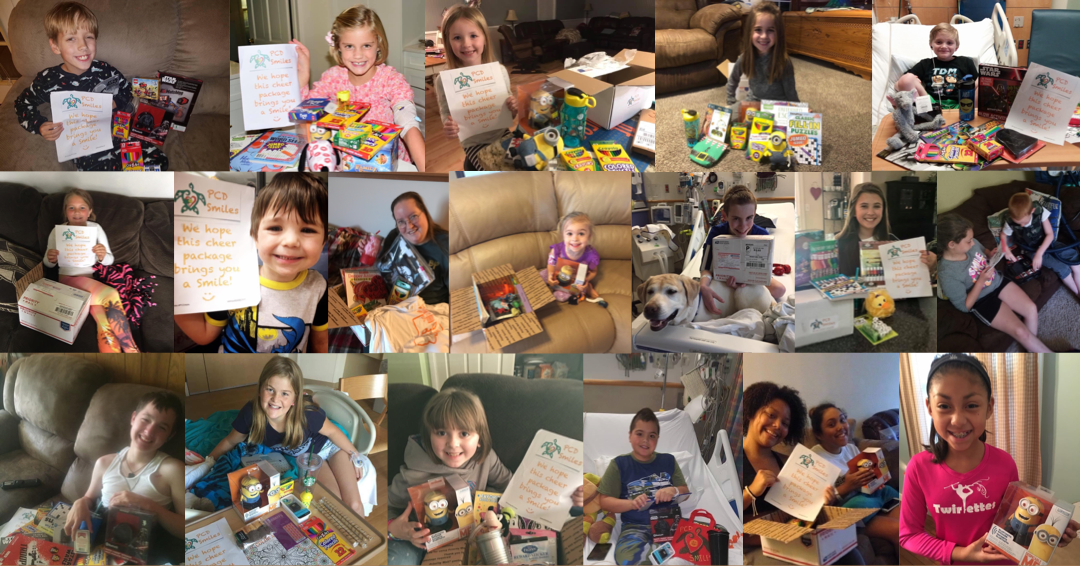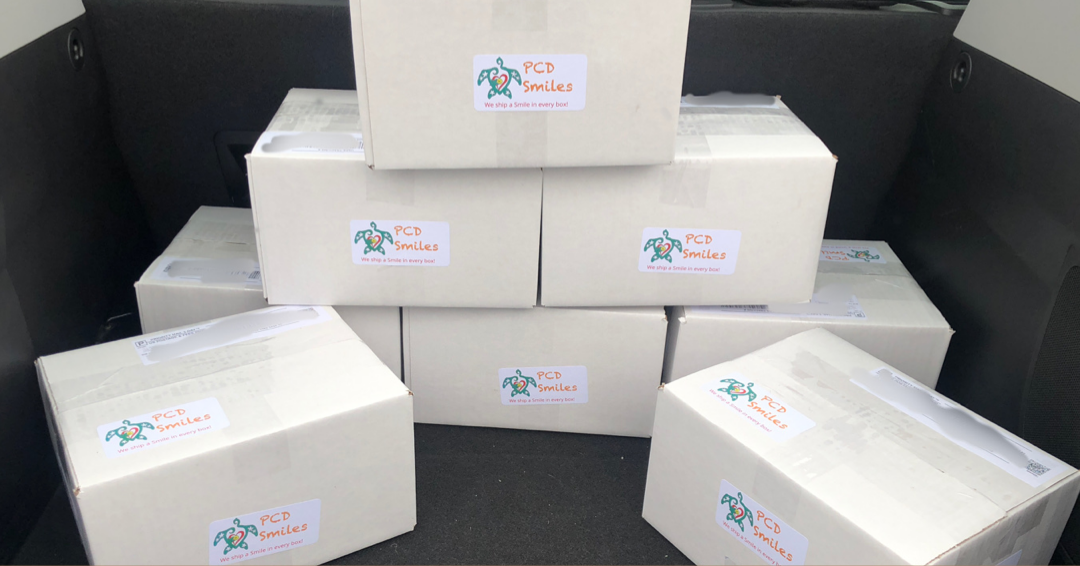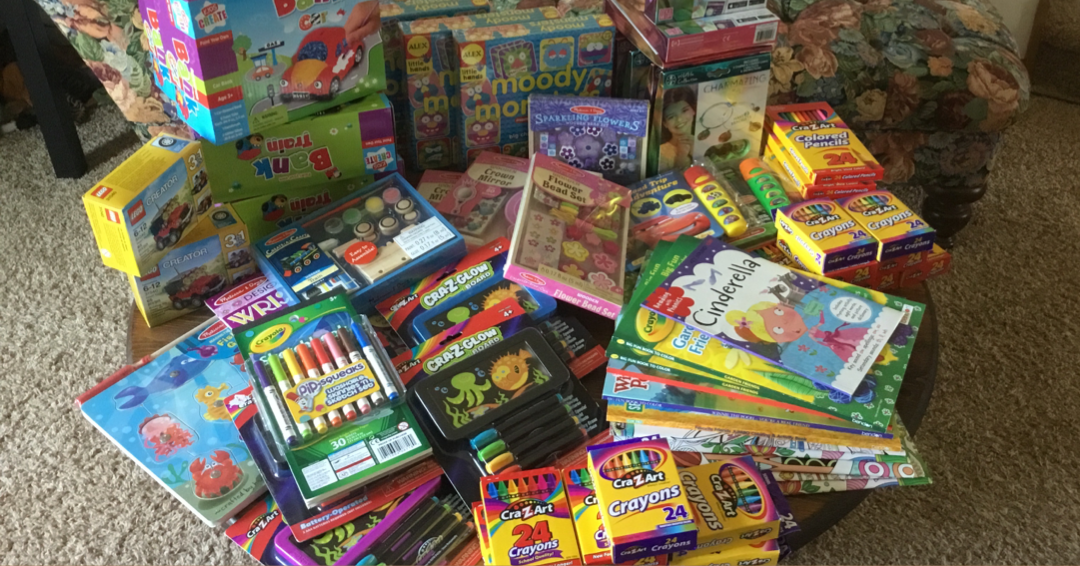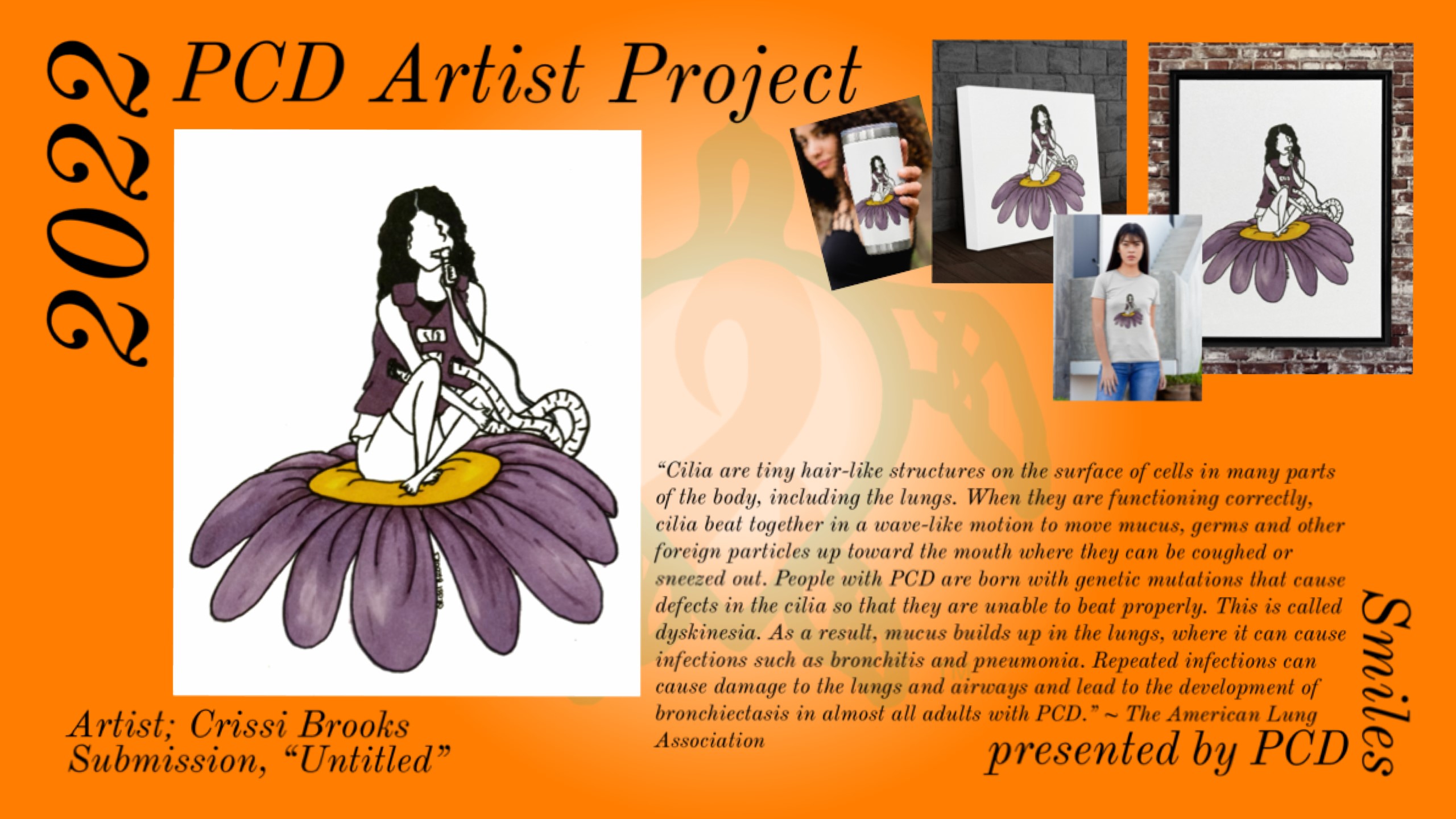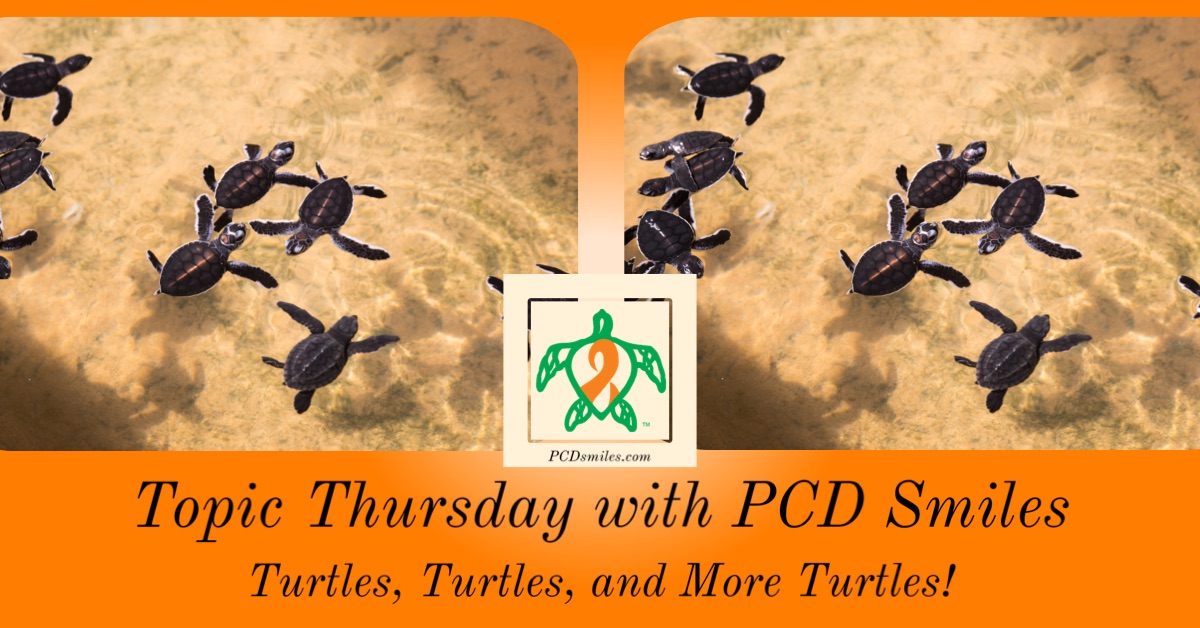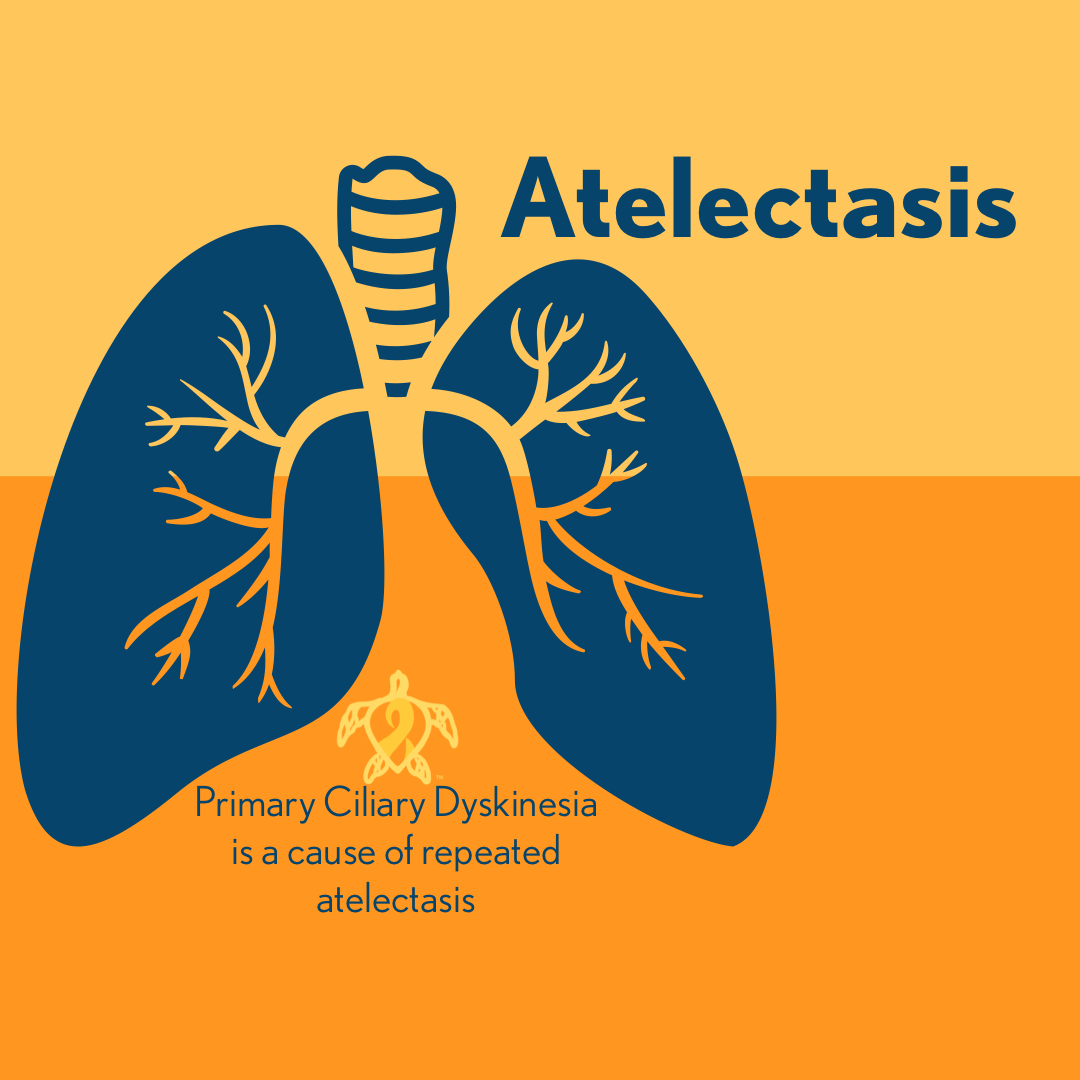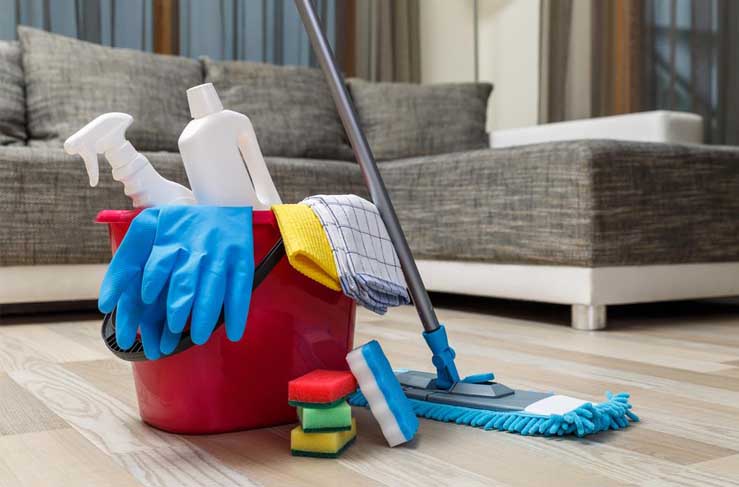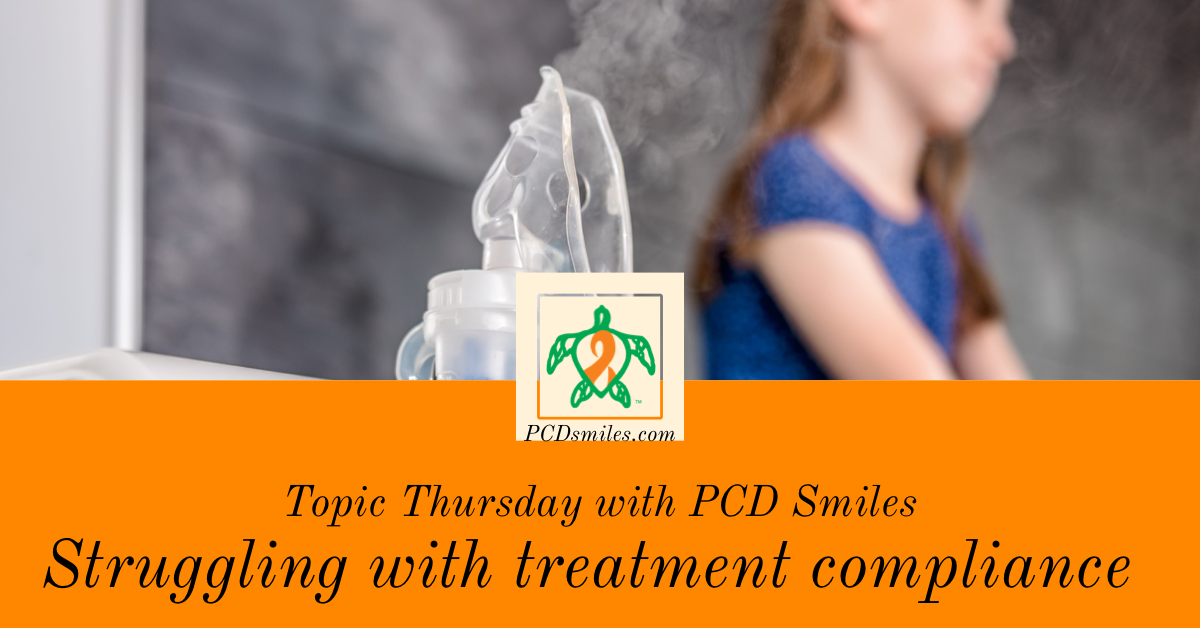Turtles, turtles everywhere I look as I age. They concern me, but I press on. Each day another turtle, should I worry? Actually turtle days are quite common in PCD. Huh? You see it isn’t uncommon for respiratory patients, like those with PCD to require more energy just to exist, breathe, do normal every day activities, and everything else that normal healthy people do without thought. Did you know that respiratory patients can require up to ten times the amount of calories (or active energy) than their healthy counterparts. This is why it’s hard to gain weight as a baby or toddler, basically called failure to thrive. And as the person with respiratory disease progresses to a more severe form of their respiratory disease they start to lose weight at a rapid pace. In fact unintended and or rapid weight loss is a key sign that a respiratory patient/ PCD patient might be experiencing an exacerbation of their symptoms. The rapid or unintended combined with other factors are how your medical team might consider that you need treatment for an exacerbation of symptoms.
If PCD patients require more calories just to exist, then imagine the calories they need if their active. This is why those with PCD experience the so called turtles days after a string of days where they’ve been on the go. And when they are little or older even just one day or one activity may require a rest day. Turtle days are basically rest days. They are days where it hard for those with PCD to get moving even to get out of bed, do their therapies, and or even just to eat. They may or may not experience fevers or low grade fevers, increased coughing, increased symptoms, feeling run down, and or basic malaise. During these turtle days it’s important to rest but it’s essential to still get their therapies in. Turtle days here and there are really no cause for alarm unless they last for several days, however when in doubt speak to your medical team. It also may be a good idea to have the talk prior to turtle days with your team, so that you have a plan and are not unnecessarily worried about your PCD loved one.
As to why I’m concerned about turtles, my turtle days happen more frequently now that I’m older. Lately it seems everyday is a turtle day. But I think I see the light at the end of the tunnel. I’m coming off almost a year of feeling worse than I have in ever. Each day feels more normal with less and less turtles. I love turtles don’t get me wrong. I just worry about PCD progression and my lack of being what I once was.
Be sure to join us next week for another Topic Thursday.
Join our Facebook group Turtle Talk Café today, click here.
We have several ways that you can donate to PCD Smiles;
- Visit Smile E. Turtle's Amazon Wishlist
- For more information on how you can donate, please visit our "Donation" page to check out our "Do & Don't policies.
- Or sponsor a PCD Smiles cheer package today!
- To shop for your “Official” turtle care ribbon gear today, visit PCD Style or Smile E. Cove
Thank you for your consideration!
